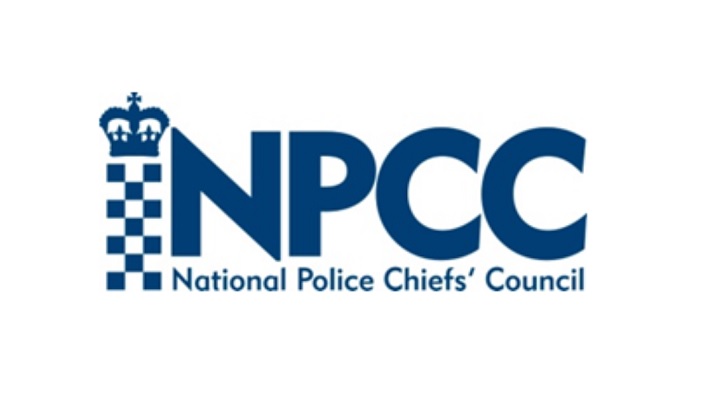
Nearly 9,000 drivers across England, Wales and Northern Ireland tested positive for drink or drug driving during last year’s festive campaign coordinated by the National Police Chiefs’ Council.
Each year policing intensifies activity around drink and drug driving over the Christmas period, focussing on increased numbers of roadside breath tests and drugs wipes, along with education and engagement.
The 2022 Operation Limit took place between 21 November 2022 and 1 January 2023.
The results show that the number of roadside drug wipes administered increased on the previous year (6,273 in 2022 compared with 4,668 in 2021). Of these, 53.6% (3,361) tested positive.
Meanwhile, 52,667 roadside breath tests were undertaken, with 10.2% (5,352) of motorists testing positive, failing the test or refusing to undertake the test.
Nationally, 79% of offenders who tested positive for drink or drugs were male and 77% were 25 years old and over.
Jo Shiner, the National Police Chiefs’ Council lead for roads policing, said: “Driving under the influence of drink or drugs is entirely unacceptable. It is one of the fatal five causes of road collisions that results in thousands of deaths each and every year.
“Every time someone makes the decision to get behind the wheel after drinking alcohol or taking drugs they take their own life into their hands and risk the lives of many others.
“As police officers we see the pain and devastation experienced by individuals, families and communities who must deal with the awful consequences of those taking these selfish actions and we see it far too often.
“This is about personal responsibility and everyone must be accountable. It is not worth the risk and if you know anyone who is driving or intends to drive under the influence of drink or drugs, report them either to your local police or to Crimestoppers if you’d prefer to remain anonymous.”
Police forces ‘doing the best they can’ to tackle drug driving
A report published by the NPCC following the campaign has concluded that drug driving is ‘more prevalent across the UK than drink driving’.
Seen by Road Safety News, the report also notes that there are a number of challenges that hinder drug driving enforcement activity.
Currently, blood samples must be taken by a healthcare practitioner. The report says this creates unnecessary delays and is an inefficient use of both hospital and police resources.
Another significant problem is the current timescales for laboratory tests. The results, which are essential to prosecute offenders, generally take at least four to five months to process.
Therefore, it is not uncommon that backlogs can lead to the statutory time limit (generally six months in Magistrate’s Courts) being missed, allowing offenders to walk free without penalty.
D.tec International, the firm which supplies drug driver testing equipment to every police force in England, Wales and Scotland, is calling for a change in approach.
Ean Lewin, managing director of D.tec International, said; “This report shows that by setting up a nationally coordinated operation, NPCC are taking drink and drug driving seriously.
“With limited funding and resource, police forces and officers across the UK are doing the best they can. However, we cannot escape the need for more specialist roads police and the desperate requirement for a better system to prosecute drug drivers.
“Saliva is perfectly capable of prosecuting cannabis and cocaine and is used by every other country in the world that screens for drug drivers – the UK must adopt the same approach.
“By doing so, we can reduce costs and speed up the process to remove drug drivers from our roads, as quickly as drink drivers which typically takes no more than two weeks.”
Comment on this story